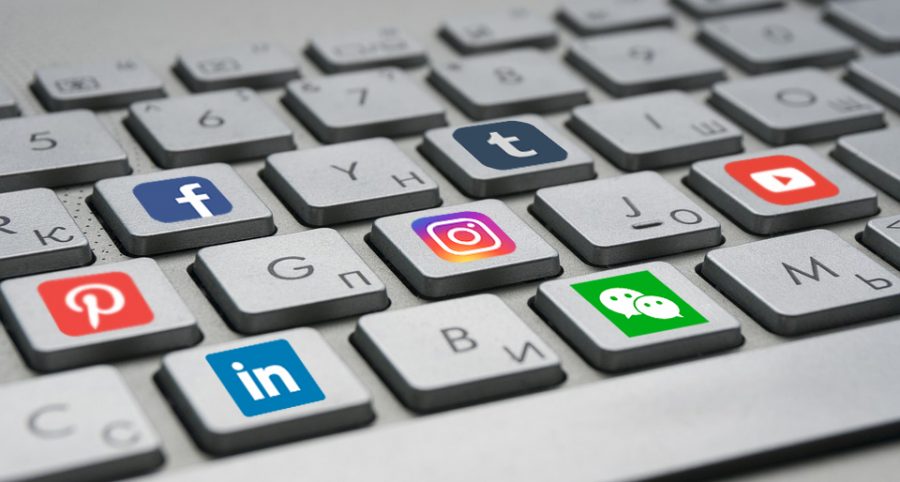The Social Dilemma: Why Social Media Has More Power Over Us Than We Think
An overview of Netflix’s documentary “The Social Dilemma”, and why its depiction of the power social media has over our lives still holds true today.
Checking emails during a lunch break. Scrolling through Instagram while you’re supposed to be attending your online classes. Uploading a Tiktok video in your free time.
All of these actions are common for the average teen or adult in today’s day and age. But, what does that really mean? How have we become trained to make these tasks part of our daily routines, and what effect does that have on our perceptions of reality?
“The Social Dilemma” is a Netflix Original Documentary that was released in Jan 2020. It showcases multiple perspectives of various former employees from well known companies such as Google, Facebook, and Instagram, as they give their takes on the companies they helped build from the ground up, and how the platforms turned into something bigger than they expected.
The documentary’s true appeal is not only in its dual perspective format -switching between live interviews of ex-employees and a mock cast meant to show viewers the true effects of social media- but in the simple fact that its truancy is quite scary. It forces viewers to contemplate every single time they pick up a piece of technology, and truly see how these hot-shot social media companies wired their apps to constantly keep us wanting more.
From advertisements specifically shown to you based on your liked content to the realization that these companies know more things about their users than they do themselves, “The Social Dilemma” is masterly crafted to make us all think, “what have our lives become with social media, and would we even be able to survive without it now?”
According to a study by Jean Twenge and covered by the American Psychological Association’s website, high school seniors who entered college in the year 2016 spent an “hour less a day engaging in in-person social interactions”. Since then, the decrease in in-person interactions has only skyrocketed with the use of social media.
The more times we like a post, share a tweet, or simply access the internet, the more data these companies will receive. In Silicon Valley, more data equals more control, and it seems people are finally coming to this conclusion.
The overarching truth is that the people who helped make these social media enterprises so large never really knew that what they thought was being used for good, also has negative effects on people’s mental healths, outlooks on reality, and the wiring of their brains.
What gives this documentary the extra edge is the simple understanding that the people we have all put our faith into in creating these social media platforms that basically run the world are also finding out the scary truth behind it the same way the viewers are. It creates an emotional connection between the viewers and the cast, making us understand that as these companies get bigger, the more control they will have on their users.
Although the documentary was originally released in January, it seems as though its message is even more prominent now. Events such as the current presidential election and the constant advocacy for political rights movements thrive off of the use of social media. They gain their coverage, spotlight, and supporters from just a few clicks on an app, and now it is uncertain if that is a good or bad thing.
With the power that these apps have, they force people to conform to societal standards or personas that are advertised all over the web, and all of that power over a population’s opinions and perceptions can sometimes be too much.
So, what does that mean for us? Can our society learn to strike a balance between the power social media has over our lives and our own free wills, or are we already too far gone?
Watch “The Social Dilemma” on Netflix if you are looking for more answers, you won’t regret the impeccable messages and screenplay that it has to offer.


